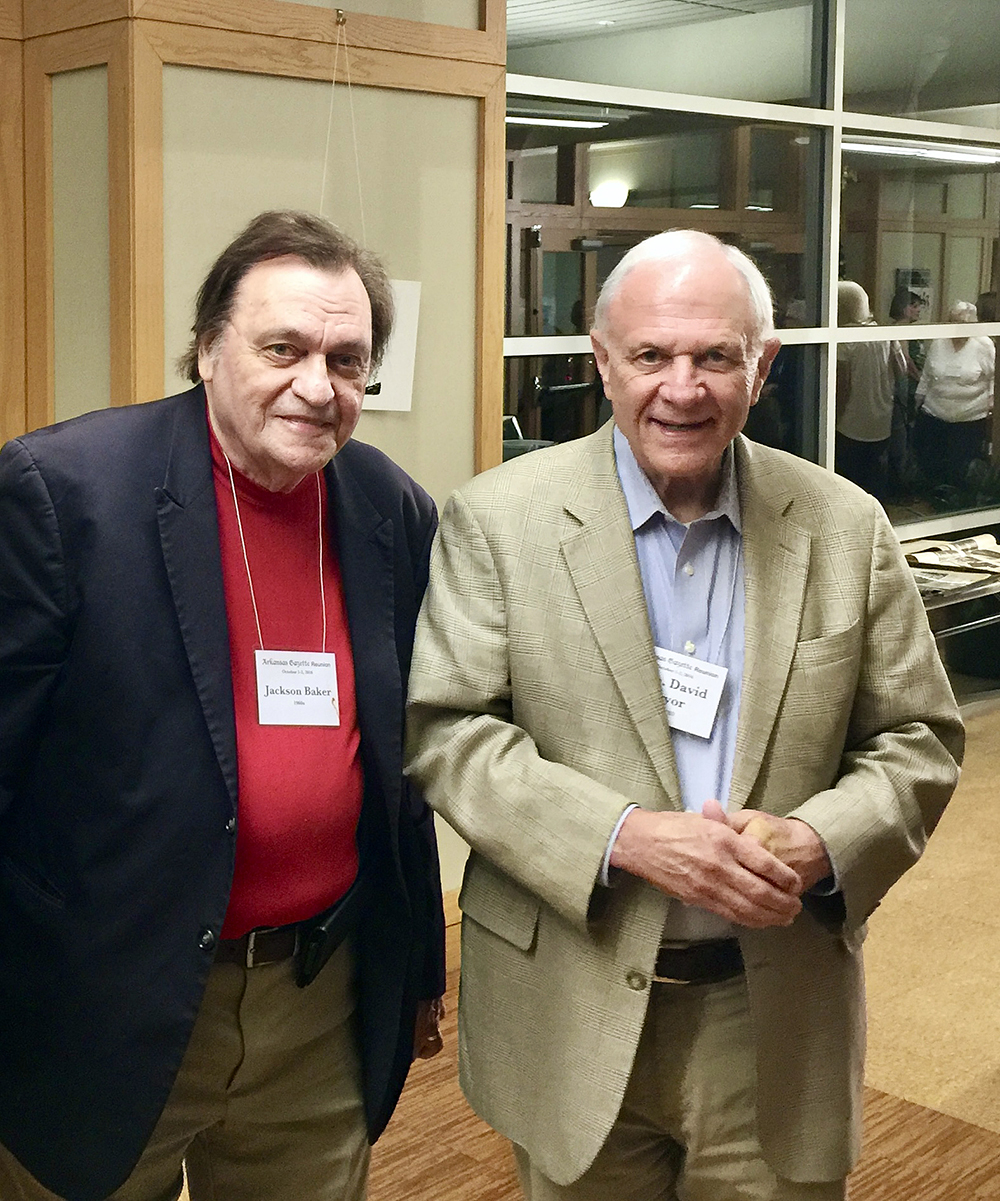The Shelby County Commission — and county government in general — normally gets less public and media attention than do Memphis city government and the city council. This is largely due to long-held tradition held over from the numerous decades of the preceding century when the bulk of the county’s total population resided in the traditional urban core.
White flight, sprawl, and suburban growth have altered the demographic proportions and residential patterns significantly, of course, but even before the balance of population began to shift so radically eastward and outward, the fact was that, in Shelby as in the state’s other 95 counties, county government has been the chief instrument of self-government — not least because Shelby County is the Venn diagram; it contains not only Memphis but six other incorporated municipalities and much unincorporated turf as well.
The county’s budget is larger than any city’s, and it has primary constitutional charge of health and education matters, as well as significant and growing responsibility over law enforcement.
Monday’s meeting of the county commission reflected the unique aspect of our binary system, actually one of multiplicities.
One significant debate concerned the expanses into which solar energy enterprises — those harbingers of our greener future — can be allowed to spread. Mindful of the outer county’s increasing residential mass, the boundaries for such installations were significantly circumscribed: Going forward, they must be distant from each other by at least a mile and no closer than 600 feet at any point to residential areas. And they must be limited in size to a square mile.
Another prolonged discussion concerned the question of whether a portion of a long-dormant planned commercial development in the Eads area should be allowed to proceed with the development of septic tanks pending an opportunity to connect with the Memphis sewer system. (It will be remembered that such new tie-ins with new developments outside the city were discontinued as of 2017.)
The developers of the area under consideration Monday — one that was de-annexed in 2020 — hope eventually to manage such a connection. But expressed concerns on Monday from Eads residents and defenders of the Memphis sand aquifer about potential pollution resulted in a unanimous turn-down of the septic tank proposal by the commissioners.
After these and various other agenda items were dealt with, several of the commissioners turned their solemn attention to a matter that increasingly roils citizens everywhere in Shelby County — shoot-outs like the one that in the last few days resulted in the deaths of MPD Officer Joseph McKinney and attendees at an Orange Mound block party.
“We’ve got a lot of work to do,” said Commission chair Miska Clay Bibbs. Indeed so. The bell tolls for city and county alike.
………………………………………………………………………………

In Memoriam
He was not a Memphian nor even a Tennessean, but Arkansan David Pryor, a near neighbor who died Saturday after a lingering illness, deserves our sympathy and remembrance as well.
Pryor, who represented Arkansas as a congressman, as governor, and as senator, was the genuine article, a selfless public servant. He may turn out to have been the last major Democrat in his state’s history, but as my friend and former Arkansas Gazette colleague Ernie Dumas observes in an almost book-length obituary in the Arkansas Times this week, Pryor was much more — “the most beloved member of the U.S. Senate” in his time, across all partisan lines. That was something that I learned myself when he took me in tow on my first visit to Washington as a cub reporter back in the ’60s. R.I.P.